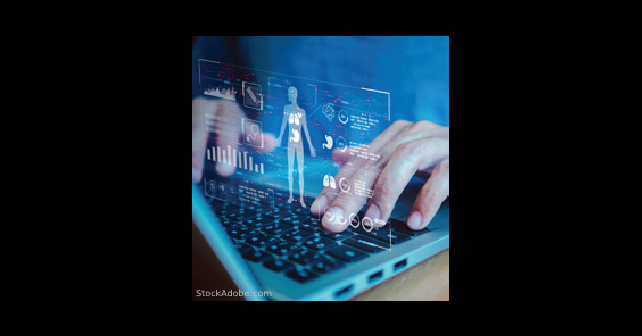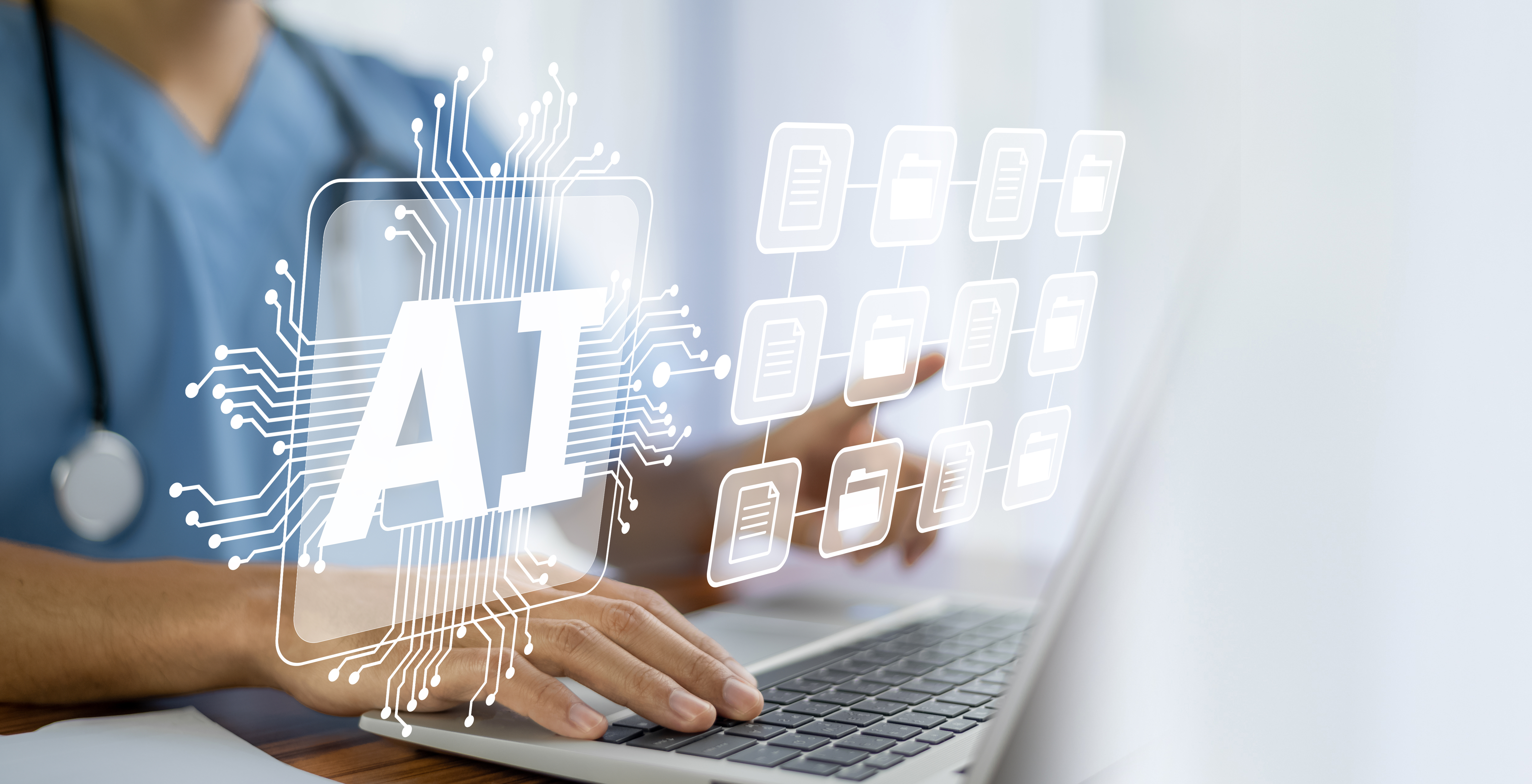
Many of the arguments for restricting patients’ real-time EHI access are based on anecdotal concerns. These include accounts of patients receiving abnormal but benign results and suffering unnecessary emotional distress (e.g., an elevated troponin level that is at a patient’s previously established baseline); a concern that access to results from triage protocols could cause a patient to leave before being evaluated and treated (e.g., receiving a normal troponin result while waiting and leaving before a physician is able to interpret the results, recommend further testing or stratify risk); or patients becoming frustrated with the pace of their care once knowing their results are available (e.g., knowing a troponin result, but not realizing they are awaiting a cardiology consultation or repeat troponin). Although these scenarios have likely been encountered by many emergency physicians, there is not robust empirical evidence that real-time EHI sharing is causing systemic harm–or more harm than good.
Explore This Issue
ACEP Now: Vol 42 – No 11 – November 2023The existing studies on the topic do not demonstrate any significant adverse patient effects. Outpatient studies have shown that approximately 20 percent of patients viewed their results expeditiously.5 Additionally, when patients were provided access, patient complaints were infrequent.6
In one systematic review of literature, evidence overwhelmingly showed benefits of real-time sharing, including increased “reassurance, reduced anxiety, positive impact on consultations, better doctor–patient relationship, and increased awareness and adherence to medications.”7 With most studies occurring in the outpatient setting, anecdotal concerns of adverse patient effects of real-time information sharing in the ED require focused investigation in the ED setting.
Two established areas of concern identified in the literature require ethical consideration: confidentiality and justice. With EHI available through online portals, some of which include real-time sharing with mobile notifications, security and confidentiality are of concern.7 Domestic partners, parents, or other individuals who have access to a patient’s electronic devices may gain access to EHI before a patient can restrict others’ access if desired. Ensuring safeguards for confidentiality will be critical to minimizing harms to patients and supporting their right to control the distribution of their health information.
There are also concerns around equitable access to EHI. Socioeconomically disadvantaged populations may disproportionately lack means to access their EHI.5
If the primacy of patient autonomy dictates extreme deference to real-time EHI sharing, to permit a system that systematically disadvantages certain socio-demographic groups undermines the principle of justice. Further work in real-time EHI sharing should ensure fair and equal access to uphold this principle.
Pages: 1 2 3 4 | Single Page





No Responses to “Tips for Real-Time Information Sharing with Patients”